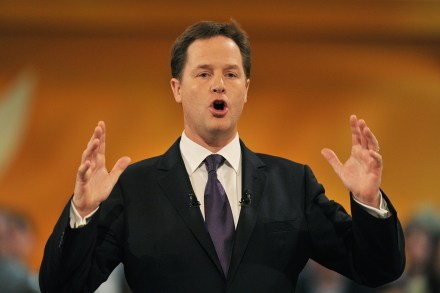A most unlikely hero
What is it about George Smiley that makes him translate so well onto the screen? The man doesn’t fight, he doesn’t gamble, and he barely seems to notice women (apart from the wife who continually cuckolds him) — in fact the only hobby that appears to brighten him up a bit is a homely interest












